SEARCH


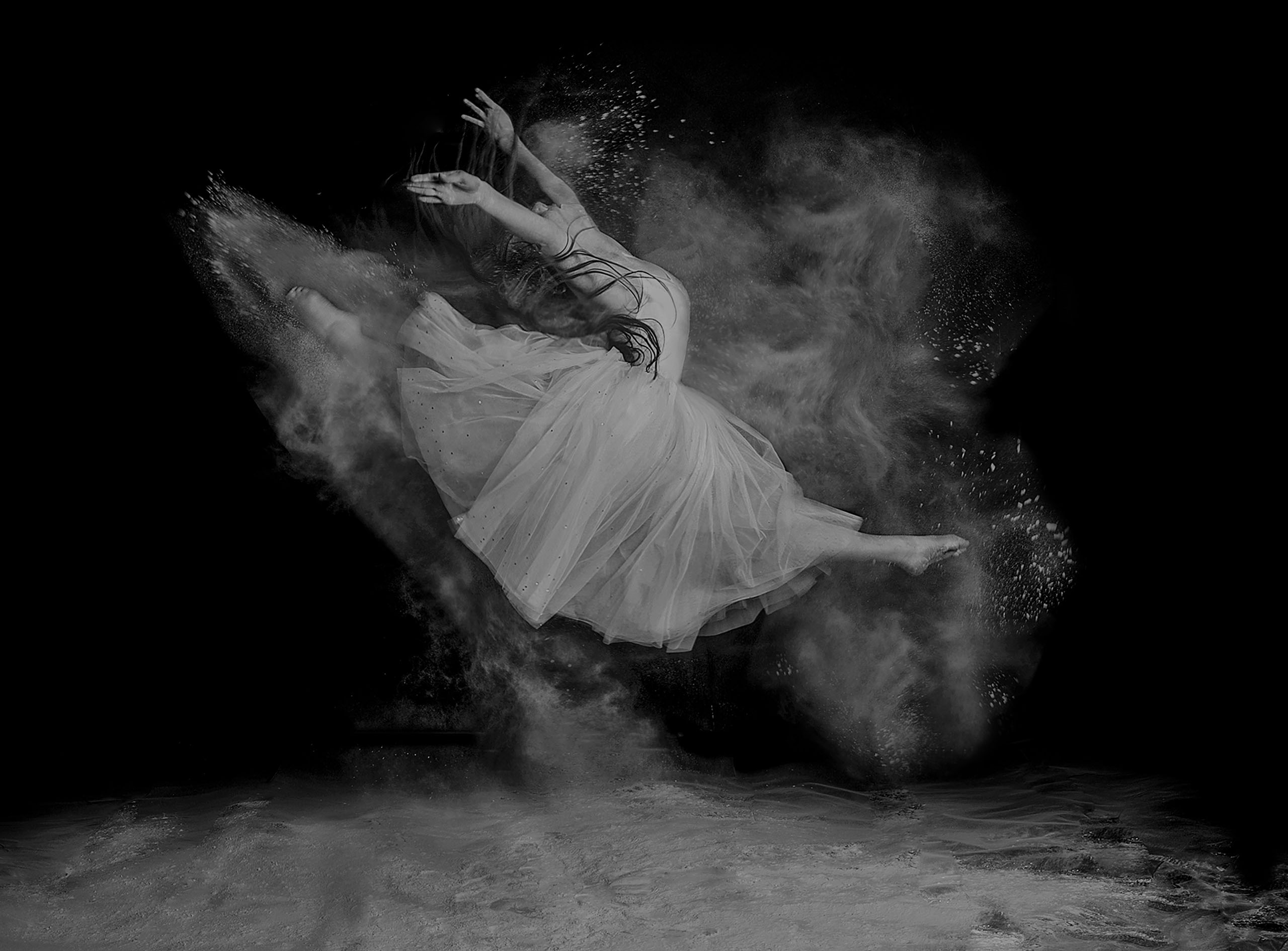
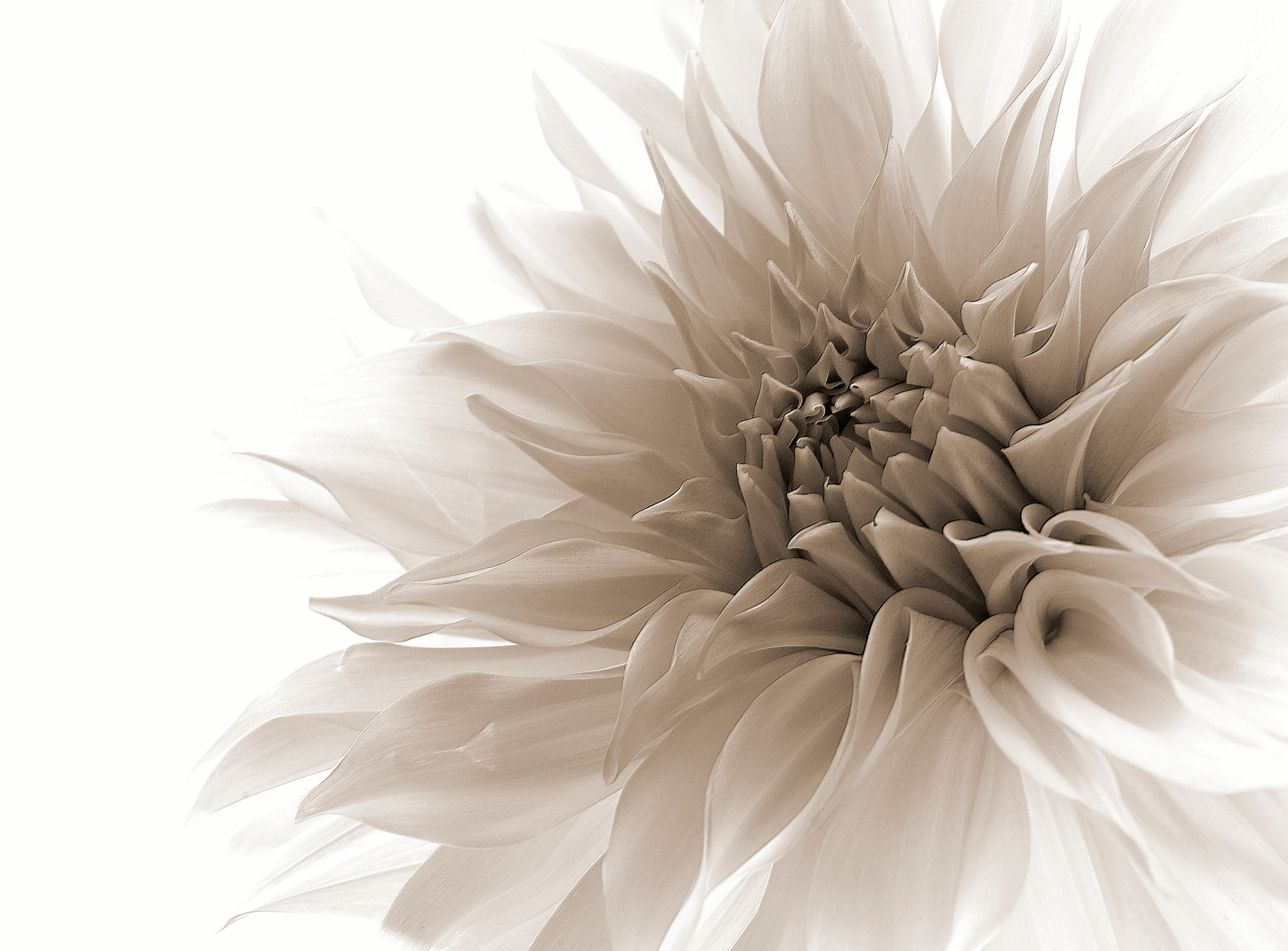
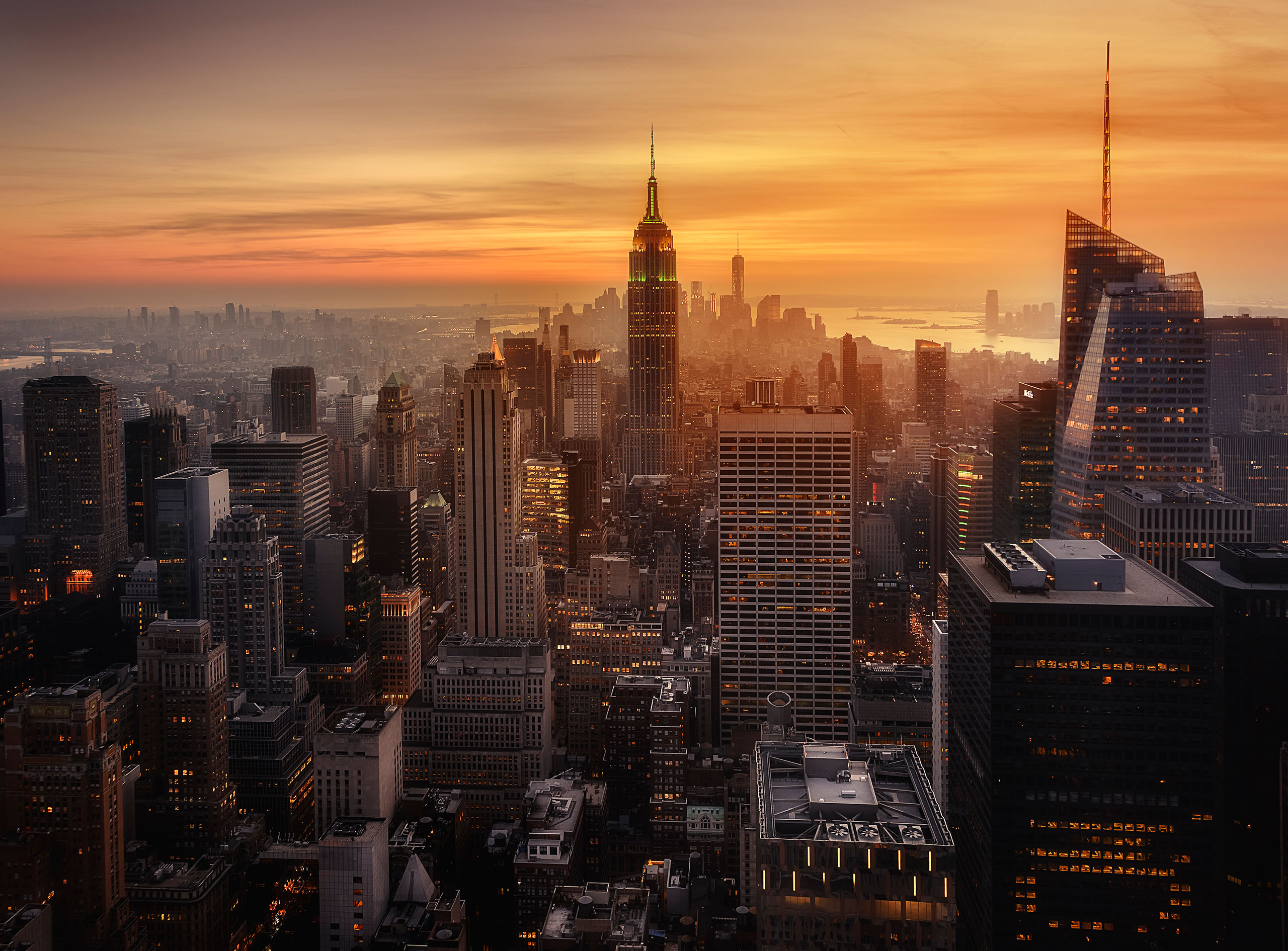
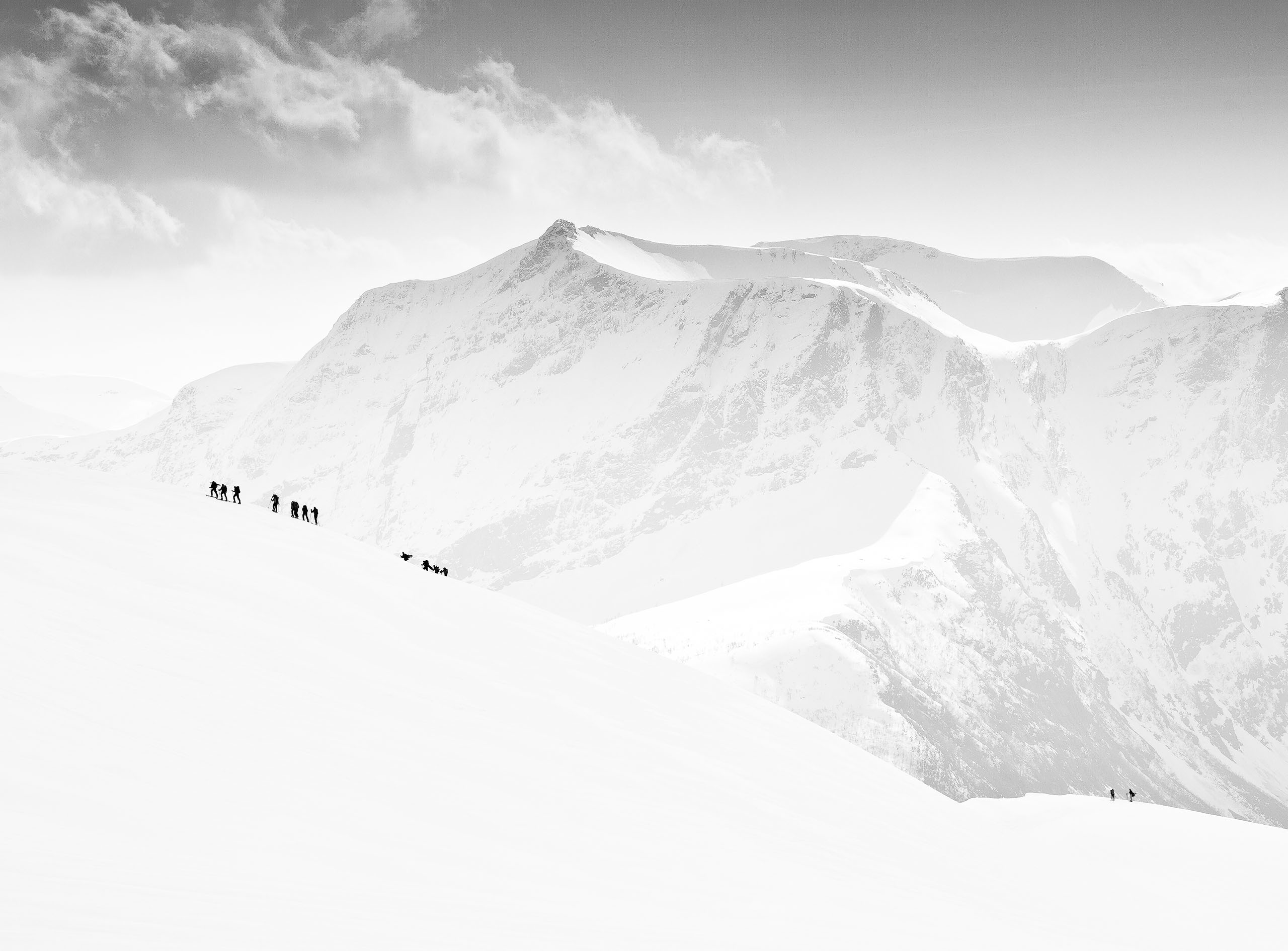
|
|
|
|


Hi all,
I took this photo from my back porch through the porch screening.
I think it's kind of interesting the way I caught the feathers moving while the bird was bathing., and the colors seemed to work. I don't believe I have ever put up a bird image here on this forum, and I don't believe I'm moving to bird photography anytime soon, but I was wondering what you all might think on ways to improve this experimental image.
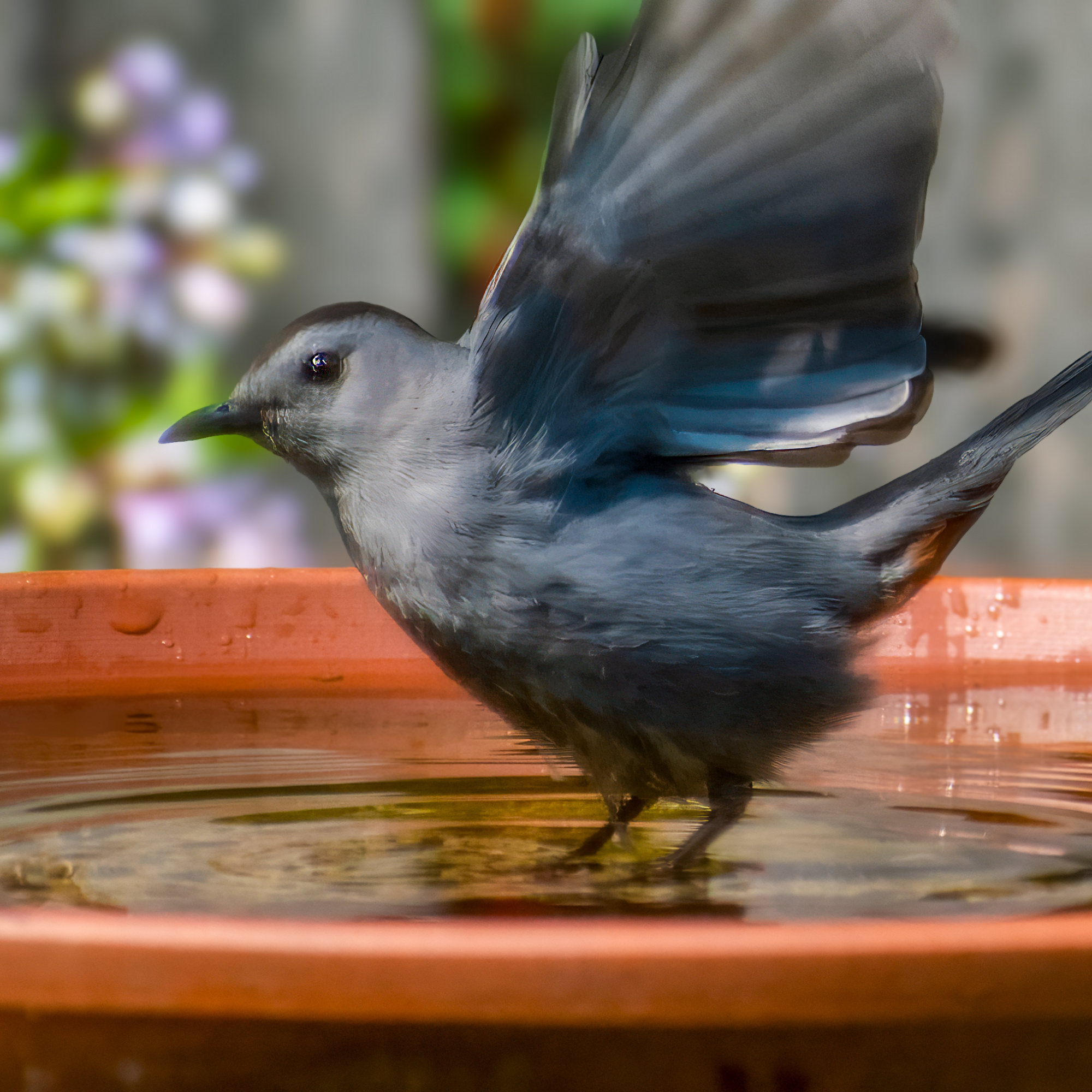
FL300, F6.3, EXP 1/1000. Photoshop 2025.
Thanks for your comments.
Patrick
Thank you for sharingthis beautiful image.
It conveys a wonderful sense of movement through the bird's flapping wings.A few suggestions: you could enhance background seperation by reduction the saturation of the green tones, as they tend to draw attention away from the bird. Also, using contrast adjustments can help the bird stand out more clearly from the background. Pay special attention to sharpening the eye, as it's the key focal point that connects with the viewer. Additionally, selectively increasing the sharpness of the bird's body feathers can help highlight detail, but be careful not to over do it, as excessive sharpening can create a unnatural look. A lovely image and a very promising first attempt.
Best regards and wishing you continued success!
Patrick,
Thanks for sharing the photo. I like bird photos, perhaps because I've tried enough myself to know how difficult it is to get a good one. The subjects move so quickly that focus is difficult. Very fast shutter speeds are needed as they have built-in quivering 'motion blur' even when they seem to be perched on a branch - or, in this photo, the fluttering and shaking as they bathe. To add to those challenges, I think 1X members are very fussy, demanding perfect technical quality for bird shots. It seems always a trade-off to get enough - but not too much - depth of field, and sharp, un-blurred details without having to go to a much higher ISO.
Shooting through the screen gives an interesting effect - the photo is still sharp, but some highlights have an over-sharpened look. I'm not a scientist, but Google and I think this is caused by diffraction. Some of that effect may be motion blur in the subject, even at 1/1000 second.
In the analog photography days, if we had a portrait with a bit of blur we would sharpen up the eyes with a Windsor & Newton triple-zero retouching brush. If the eyes were sharp viewers would be more likely to believe that the whole image was sharp.
From a screen shot the shadows were lightened a little for more detail, a few bright areas at the edges of the frame were darkened so they wouldn't distract, and the catch-light in the eye was retouched.
. . . . Steven, senior critic
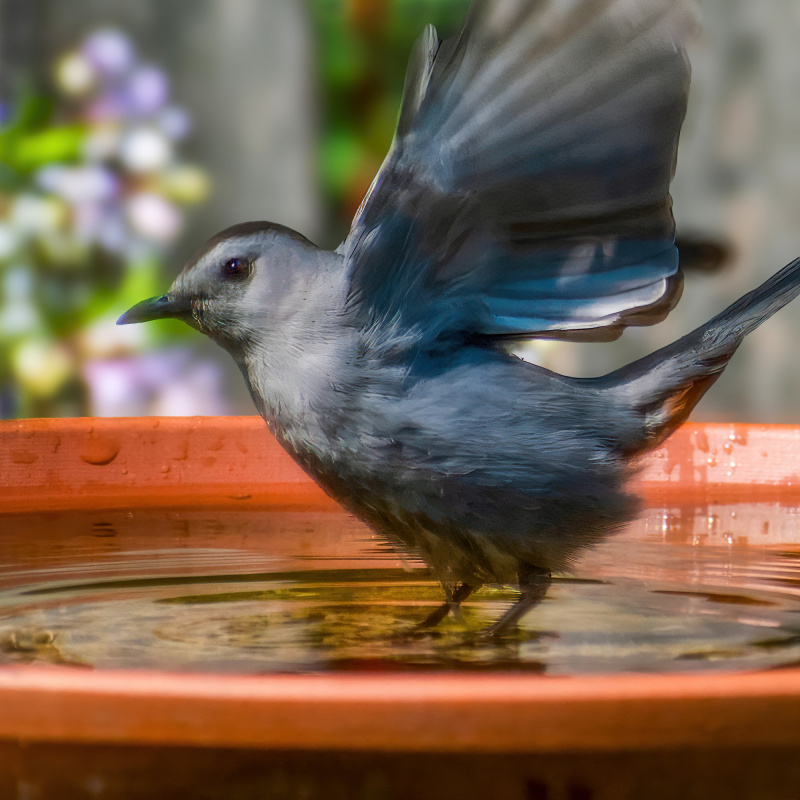
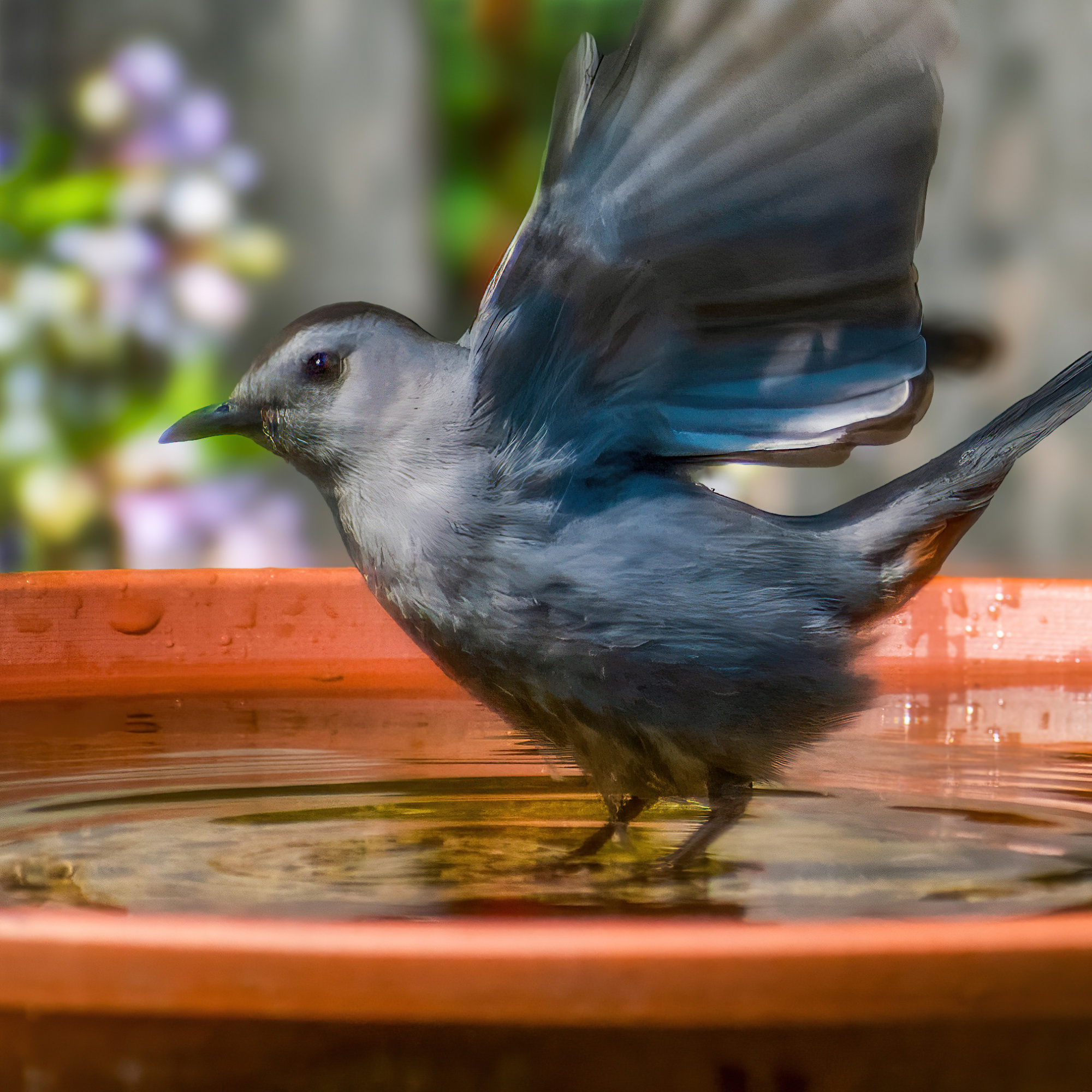
Thank you for sharingthis beautiful image.
It conveys a wonderful sense of movement through the bird's flapping wings.A few suggestions: you could enhance background seperation by reduction the saturation of the green tones, as they tend to draw attention away from the bird. Also, using contrast adjustments can help the bird stand out more clearly from the background. Pay special attention to sharpening the eye, as it's the key focal point that connects with the viewer. Additionally, selectively increasing the sharpness of the bird's body feathers can help highlight detail, but be careful not to over do it, as excessive sharpening can create a unnatural look. A lovely image and a very promising first attempt.
Best regards and wishing you continued success!
Thank you Sameerah, for your helpful suggestions. I will definitely keep your suggestions in mind while further editing the image. I too, was worried about overdoing the editing. With all my new PS tools, it's easy to get carried away.
Thanks again, and Warmest regards, Patrick
Patrick,
Thanks for sharing the photo. I like bird photos, perhaps because I've tried enough myself to know how difficult it is to get a good one. The subjects move so quickly that focus is difficult. Very fast shutter speeds are needed as they have built-in quivering 'motion blur' even when they seem to be perched on a branch - or, in this photo, the fluttering and shaking as they bathe. To add to those challenges, I think 1X members are very fussy, demanding perfect technical quality for bird shots. It seems always a trade-off to get enough - but not too much - depth of field, and sharp, un-blurred details without having to go to a much higher ISO.
Shooting through the screen gives an interesting effect - the photo is still sharp, but some highlights have an over-sharpened look. I'm not a scientist, but Google and I think this is caused by diffraction. Some of that effect may be motion blur in the subject, even at 1/1000 second.
In the analog photography days, if we had a portrait with a bit of blur we would sharpen up the eyes with a Windsor & Newton triple-zero retouching brush. If the eyes were sharp viewers would be more likely to believe that the whole image was sharp.
From a screen shot the shadows were lightened a little for more detail, a few bright areas at the edges of the frame were darkened so they wouldn't distract, and the catch-light in the eye was retouched.
. . . . Steven, senior critic


Thanks Steven for taking a look and making your suggestions. I like what you did, and will try and incorporate your ideas. I especially like the way you cleaned up the eye, it's a major improvement. For me, shooting it through the screen, makes the whole image a bit abstract, and I was attempting going in that direction, without overdoing the edit. I'll keep trying!
Best regards, Patrick